Musetti vs. Rune: The Debate Between Talent and Stability
Musetti, who defeated Rune in the fourth round of the 2025 French Open to reach the quarterfinals of the French Open for the first time in four sets, was asked by reporters after the match whether he was surprised that Musetti beat Rune, and the veteran replied straight to the core: "Rune is more talented, but he lacks consistency – and that's exactly what Musetti has." These few words, like a scalpel, cut through the most tense eternal proposition in tennis and even in all competitive fields: how does the brilliant light of talent and the rocky foundation of stability shape the journey of a champion?
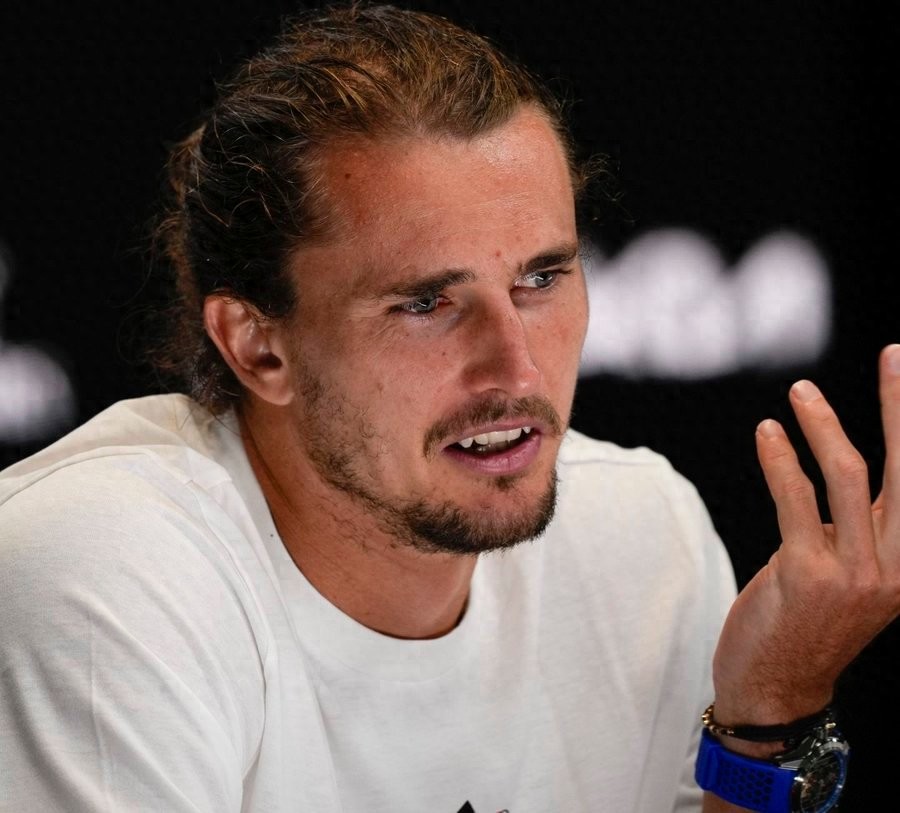
Rune's talent is as dazzling as fire, his explosive striking is like a natural force, and the technical versatility is breathtaking. However, the trajectory of his game is often like a tantage point: sometimes he can beat Djokovic at the Paris Masters, and sometimes he will be upset in the first round of a Grand Slam. It's reminiscent of another talent, two-time Wimbledon champion Kvitova, whose left-handed cannon has sent trembling tremors across the tennis world. However, the peaks and troughs of his career have been unusually steep, and his state has been unpredictable like a tidal wave. The flame of talent ignites the starry sky of infinite possibilities, but it is also easy to burn the footsteps of climbers – a classic dilemma of "high ceiling and low limit".
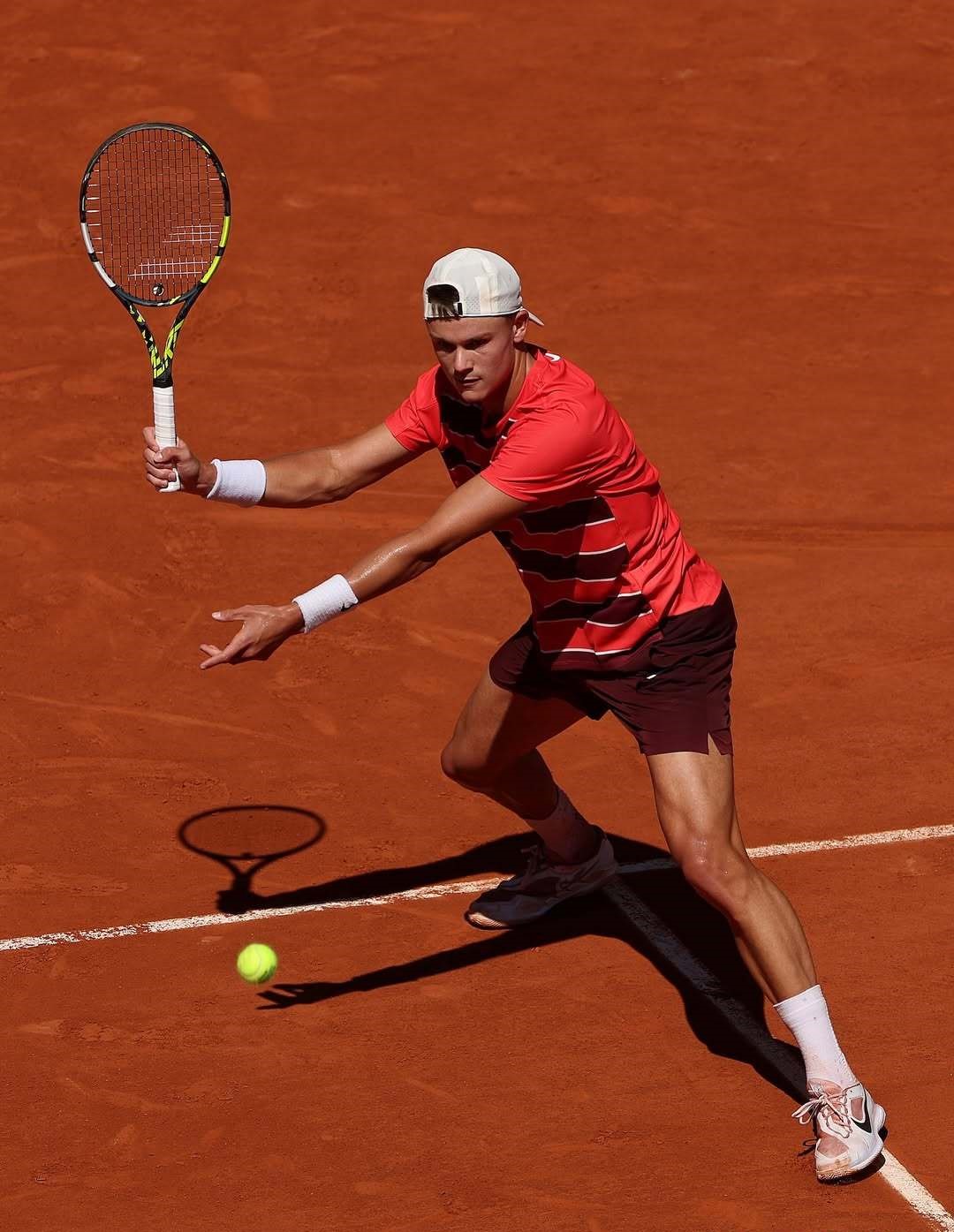
Musetti, on the other hand, may lack the suffocating "brilliance of genius" of Rune in his arsenal, but what he displays on the pitch is another subtle kind of excellence: technical movements as subtle and reliable as machinery, tactical execution as rock-solid as a rock, and mental toughness as unfazed as an ancient well. This enduring brilliance has led him to repeatedly stage stunning counterattacks against top players - defeating the likes of Tsitsipas and Djokovic in succession, and his consistent play is the most powerful weapon. Pegula is also a perfect footnote to this: she may not have had Kvitova's shocking blow that ignited the whole stadium, but with her watertight bottom line and iron will, she has been in the top 10 for a long time. The power of stability flows silently in the long river of time, building a solid embankment for achievement – this is another way to climb the "lower limit is higher and the upper limit is low".
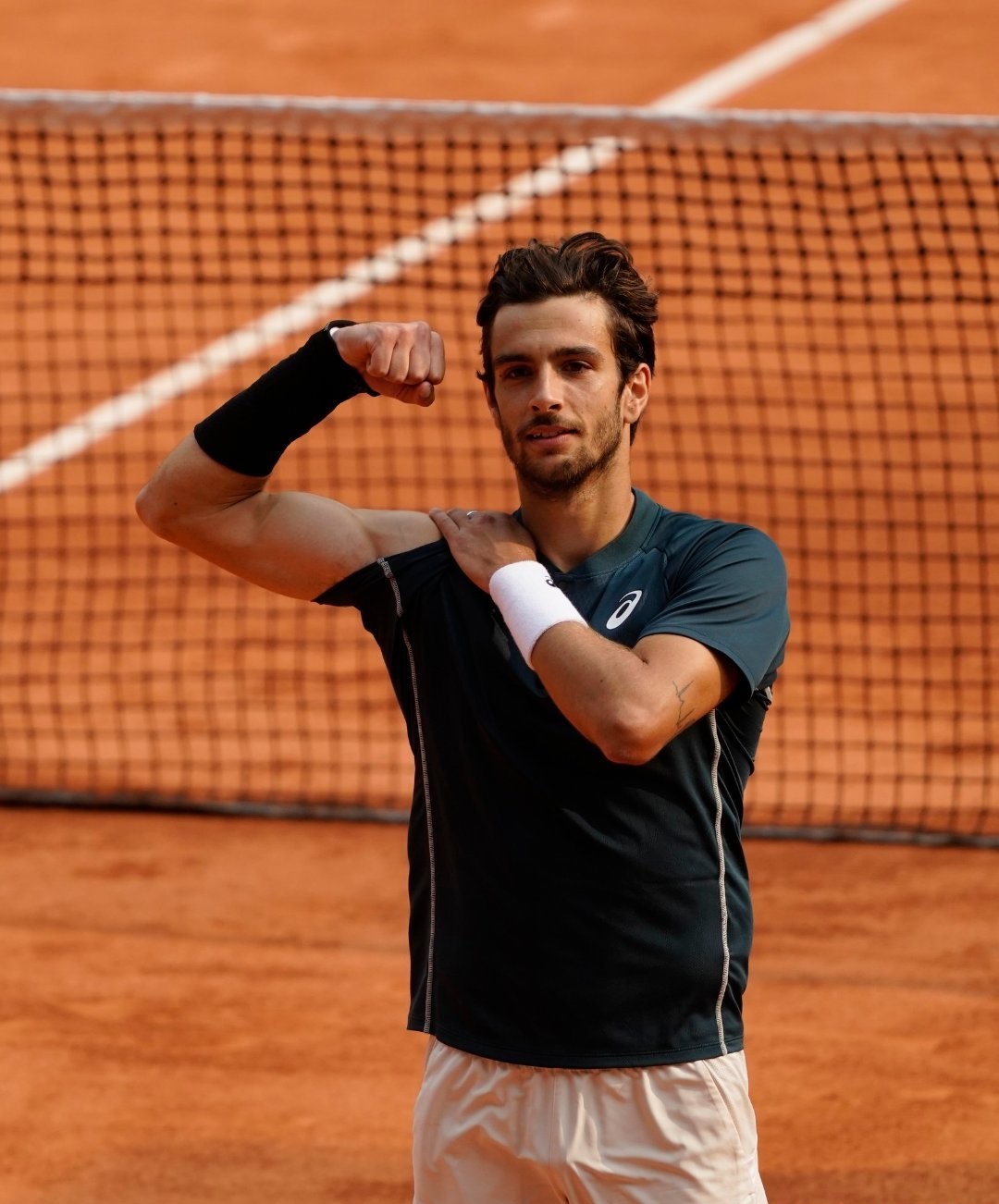
However, the true throne is not made of a single element. Sabalenka's transformation in recent years is a mirror of the answer: she retains her innate explosiveness – her serve and forehand are like thunder; It has also made an amazing breakthrough in stability - double faults have been greatly reduced, and the psychological quality has been tempered like steel. Talent and stability intertwined like a double helix that eventually helped her reach the Australian Open and become world number one for a long time. This confirms the profundity of Zverev's vision: talent opens a window for the soul and sees the sea of stars; And stability paves the way under your feet, one step at a time, until the stars are within reach.
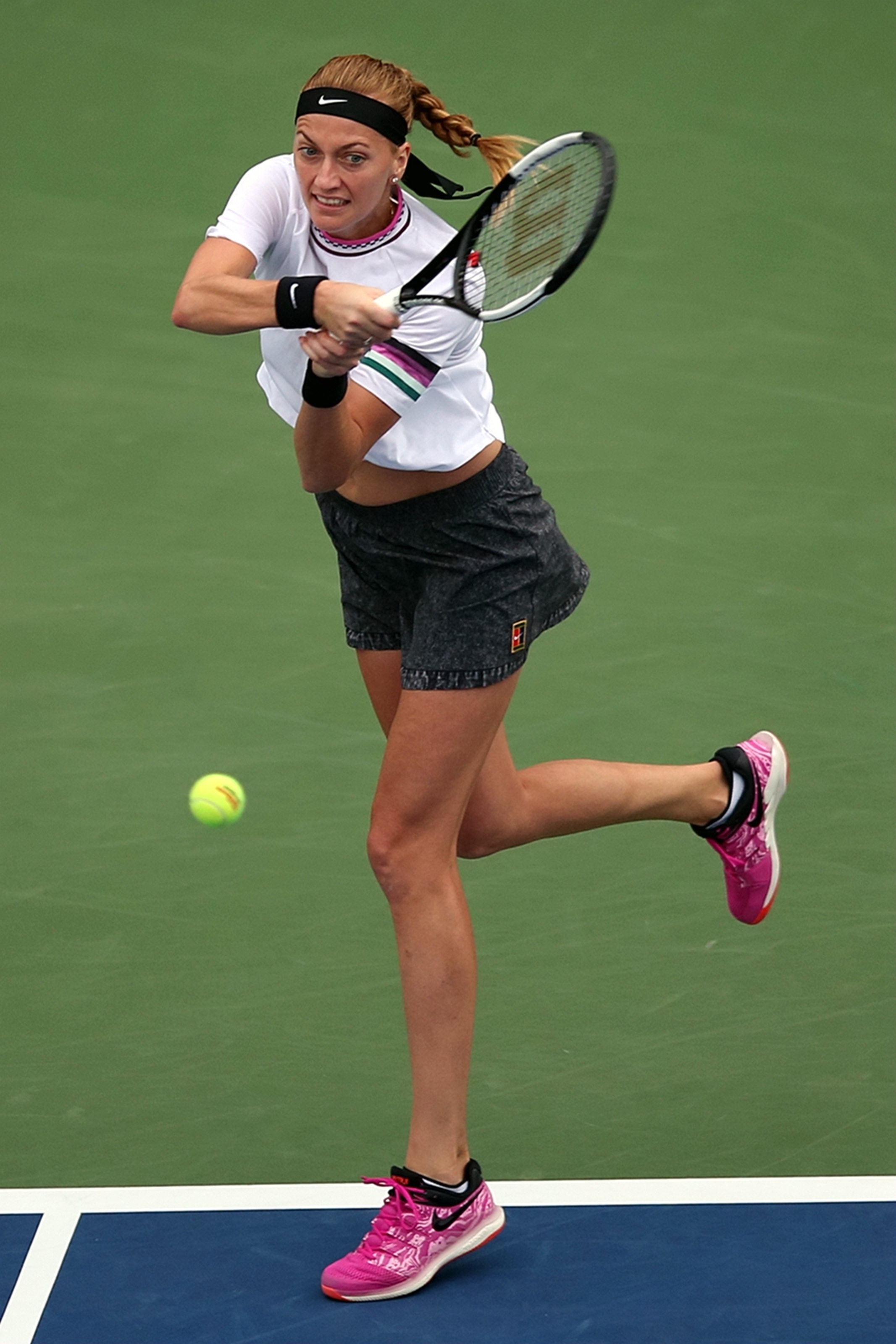
In the high-speed and delicate game of tennis, a flash of genius can certainly light up the moment; But without stability as a foundation, the aura will be as fleeting as a meteor. The contrast between Musetti and Rune suggests that instead of oscillating between the poles of talent and stability, let the two coexist in the depths of the soul – let talent give soul to every shot, and stability to give a mission to every landing.
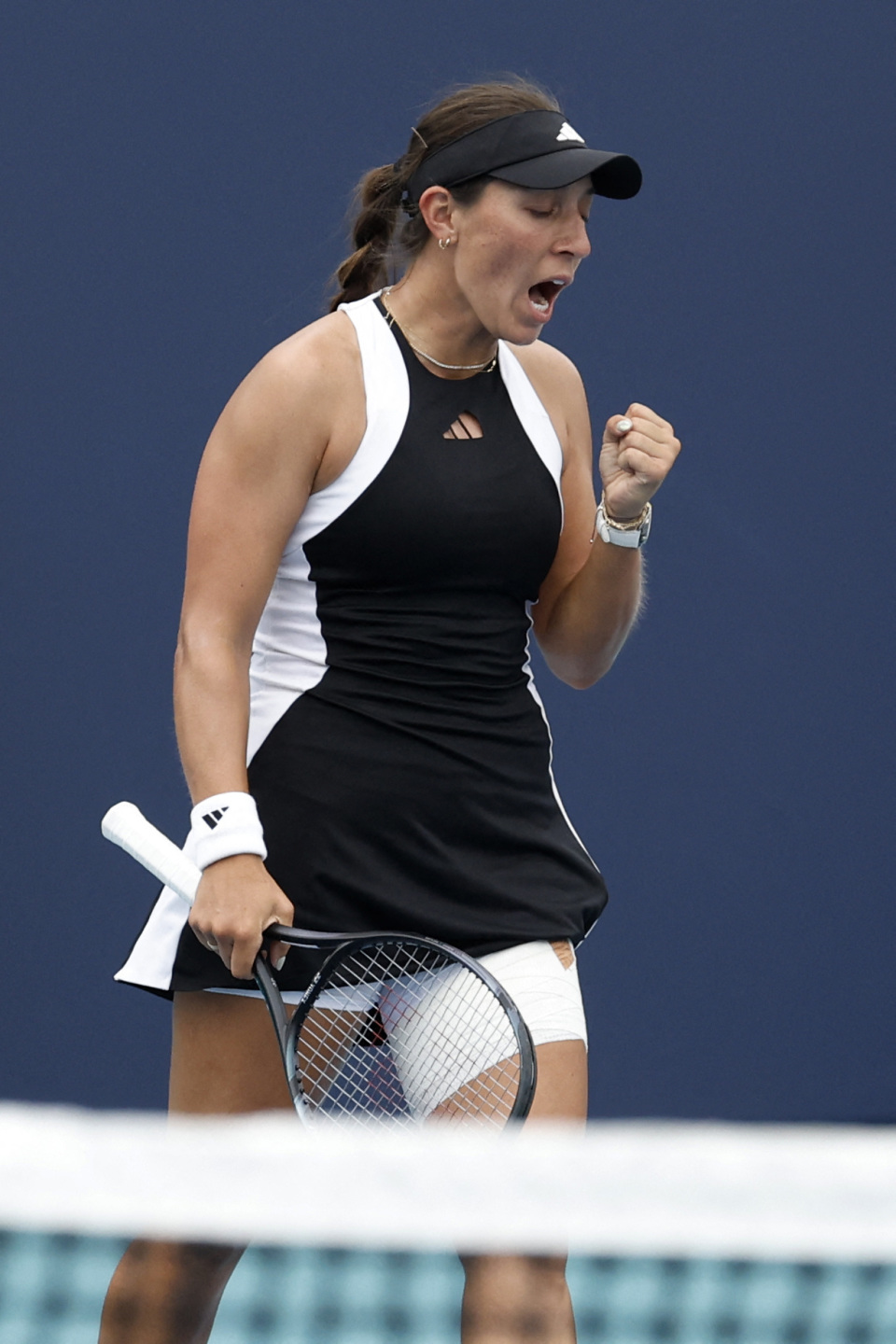
Zverev's words rang like bells: Talent is the generous gift of fate, and stability is the constant tempering of the soul. When that brilliance of talent is finally fused with rock-like stability, it is possible to give birth to a true "everlasting lamp" on the tennis court – not relying on accidental lightning, but illuminating the long journey to immortality with its own burning brilliance.(Source: Tennis Home Author: Xiaodi)







 Links
Links
 Contact
Contact
 App
App


